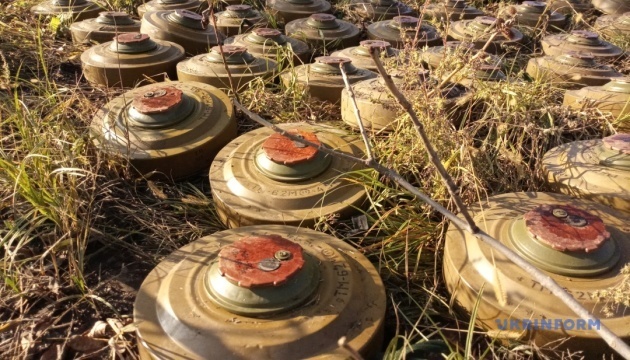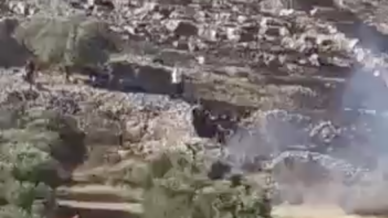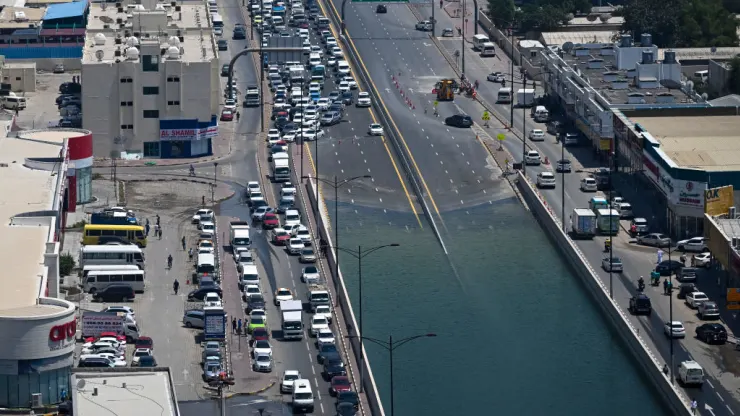Rights organizations condemn US sanctions on Palestinian human rights groups – Jurist.org

Impact of US Sanctions on Sustainable Development Goal 16: Peace, Justice and Strong Institutions
Undermining International Justice and the Rule of Law (SDG 16.3)
- In September, the United States government imposed sanctions on three Palestinian human rights organizations: Al-Haq, Al-Mezan, and the Palestinian Center for Human Rights (PCHR).
- The stated reason for the sanctions, issued by the U.S. Secretary of State, was the organizations’ support for the work of the International Criminal Court (ICC) in investigating Israeli nationals.
- This action was authorized under Executive Order 14203, which permits sanctions against individuals and organizations supporting ICC investigations of U.S. citizens or allied nationals.
- These measures directly challenge the promotion of the rule of law at the international level and impede equal access to justice, a core target of SDG 16.
Impeding Civil Society’s Role in Accountability (SDG 16.6, 16.10)
- A coalition of 78 rights organizations, including Human Rights Watch, Amnesty International, and the American Civil Liberties Union, issued a joint statement condemning the sanctions.
- The statement asserts that the sanctions “undermine the abilities of civil society actors to pursue accountability under international law” and threaten “civil society infrastructure in Gaza.”
- This directly impacts the fundamental freedom of civil society to operate and ensure public access to information regarding human rights abuses, thereby weakening the development of effective and accountable institutions as envisioned in SDG 16.
- The sanctions hinder the proper documentation of abuses and the operation of fact-finding missions, which are essential for accountability processes concerning grave international crimes.
International Calls for Reversal and Support for Justice Mechanisms (SDG 16.a, SDG 17)
- The joint statement from the 78 organizations explicitly called for the withdrawal of the sanctions, highlighting a multi-stakeholder partnership (SDG 17) in support of international law.
- The coalition endorsed the position of UN High Commissioner for Human Rights, Volker Türk, who urged the United States to rescind the measures.
- High Commissioner Türk noted that punishing actors who pursue accountability deepens impunity, silences victims, and encourages the continuation of crimes, running contrary to the goals of SDG 16.
- The work of the sanctioned organizations, which includes collecting testimony and submitting dossiers to the ICC, is described as crucial for documenting alleged war crimes, thereby strengthening the capacity of international institutions to deliver justice (SDG 16.a).
Analysis of SDGs, Targets, and Indicators
-
Which SDGs are addressed or connected to the issues highlighted in the article?
The primary Sustainable Development Goal (SDG) addressed in the article is:
- SDG 16: Peace, Justice and Strong Institutions. This goal is central to the article’s discussion, which revolves around the themes of international law, human rights, access to justice, and the role of civil society institutions in ensuring accountability. The article details how US sanctions on Palestinian human rights organizations are seen as undermining efforts to document human rights abuses and pursue accountability for “grave international crimes” through mechanisms like the International Criminal Court (ICC). This directly engages with SDG 16’s aim to “promote peaceful and inclusive societies for sustainable development, provide access to justice for all and build effective, accountable and inclusive institutions at all levels.”
-
What specific targets under those SDGs can be identified based on the article’s content?
Based on the article’s focus, the following specific targets under SDG 16 can be identified:
- Target 16.3: Promote the rule of law at the national and international levels and ensure equal access to justice for all. The article highlights the work of Al-Haq, Al-Mezan, and PCHR in pursuing “accountability under international law.” Their activities, such as “testimony collection and dossier submissions to the ICC,” are crucial for documenting war crimes and providing a path to justice for victims. The sanctions are condemned for undermining these attempts at accountability, thereby obstructing the promotion of the rule of law and access to justice at the international level.
- Target 16.10: Ensure public access to information and protect fundamental freedoms, in accordance with national legislation and international agreements. The sanctioned bodies are described as “civil society actors” and “human rights organizations.” The sanctions directly impede their fundamental freedom to operate, document abuses, and advocate for victims. The joint statement argues that the sanctions “undermine the abilities of civil society actors to pursue accountability,” effectively silencing them and restricting their freedom to carry out their human rights work.
- Target 16.a: Strengthen relevant national institutions, including through international cooperation, for building capacity at all levels, in particular in developing countries, to prevent violence and combat terrorism and crime. While the ICC is an international institution, the article discusses the “civil society infrastructure in Gaza” that supports its work. These local organizations are essential for the functioning of international justice mechanisms. The sanctions weaken this infrastructure, which is a key component for building capacity to combat grave international crimes. The article notes that this action “deepens impunity and silences victims, encouraging the continuation of crimes,” directly opposing the goal of strengthening institutions that prevent such crimes.
-
Are there any indicators mentioned or implied in the article that can be used to measure progress towards the identified targets?
The article implies several indicators that can be used to measure progress, or lack thereof, towards the identified targets:
- For Target 16.3: An implied indicator is the number and quality of documented cases of human rights abuses submitted to international justice mechanisms. The article explicitly states that the work of the sanctioned organizations, including “testimony collection and dossier submissions to the ICC,” has been “crucial to the documentation of war crimes.” The sanctions, by preventing “the proper documentation of human rights abuses,” directly and negatively impact this indicator.
- For Target 16.10: The sanctions themselves serve as an indicator related to the protection of fundamental freedoms. This aligns with the spirit of Indicator 16.10.1 (“Number of verified cases of killing, kidnapping, enforced disappearance, arbitrary detention and torture of journalists, associated media personnel, trade unionists and human rights advocates…”). While the sanctions are financial and legal rather than physical violence, they represent a direct action by a state to restrict and punish human rights advocates for their work, thus serving as a measure of the pressure and lack of protection faced by these groups.
-
Create a table with three columns titled ‘SDGs, Targets and Indicators” to present the findings from analyzing the article.
SDGs Targets Indicators (as implied in the article) SDG 16: Peace, Justice and Strong Institutions 16.3: Promote the rule of law at the national and international levels and ensure equal access to justice for all. The ability of civil society to conduct “testimony collection and dossier submissions to the ICC” for the “documentation of war crimes.” SDG 16: Peace, Justice and Strong Institutions 16.10: Ensure public access to information and protect fundamental freedoms, in accordance with national legislation and international agreements. The imposition of sanctions and other restrictions on human rights organizations that impede their ability to operate and pursue accountability. SDG 16: Peace, Justice and Strong Institutions 16.a: Strengthen relevant national institutions, including through international cooperation, for building capacity… to prevent violence and combat… crime. The operational strength and resilience of the “civil society infrastructure” that supports international justice and documents human rights abuses.
Source: jurist.org

What is Your Reaction?
 Like
0
Like
0
 Dislike
0
Dislike
0
 Love
0
Love
0
 Funny
0
Funny
0
 Angry
0
Angry
0
 Sad
0
Sad
0
 Wow
0
Wow
0

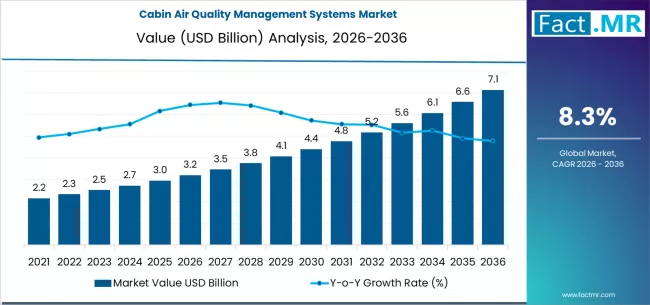





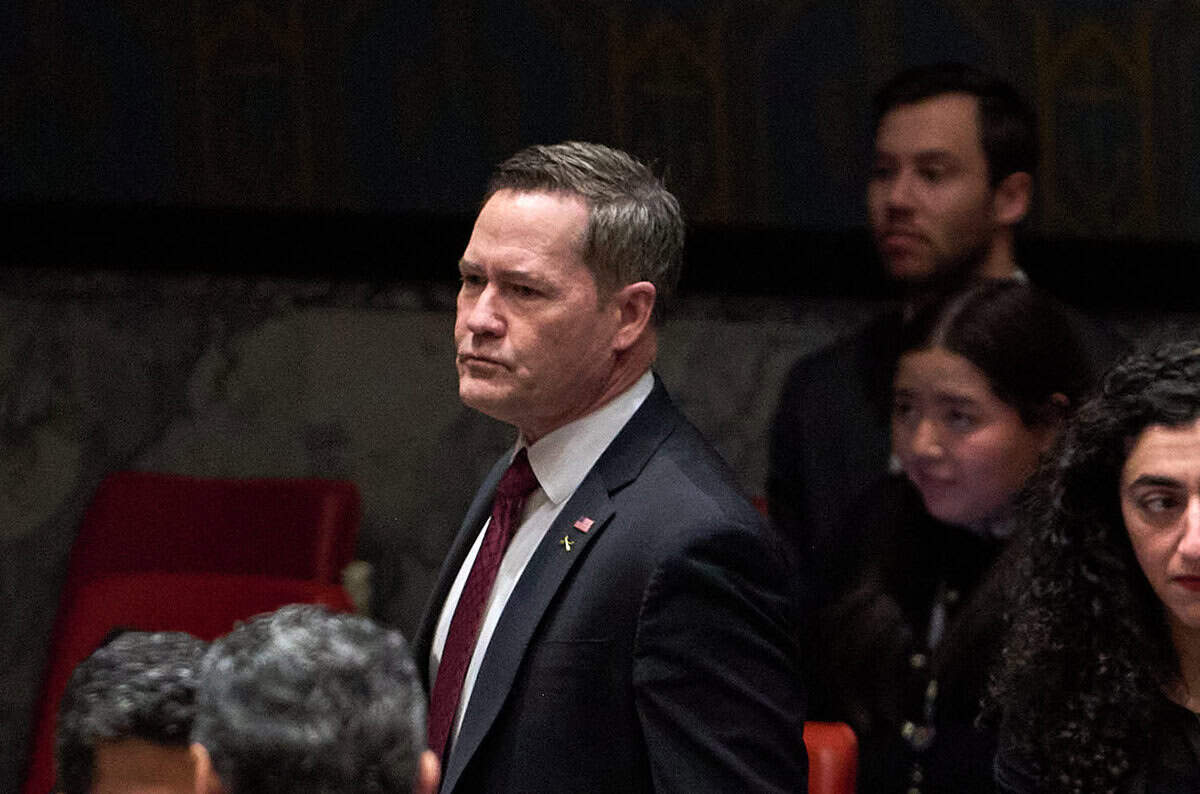

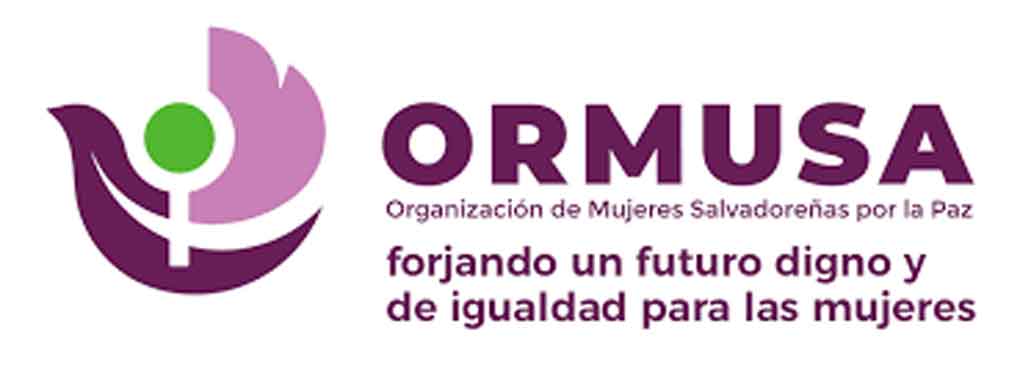
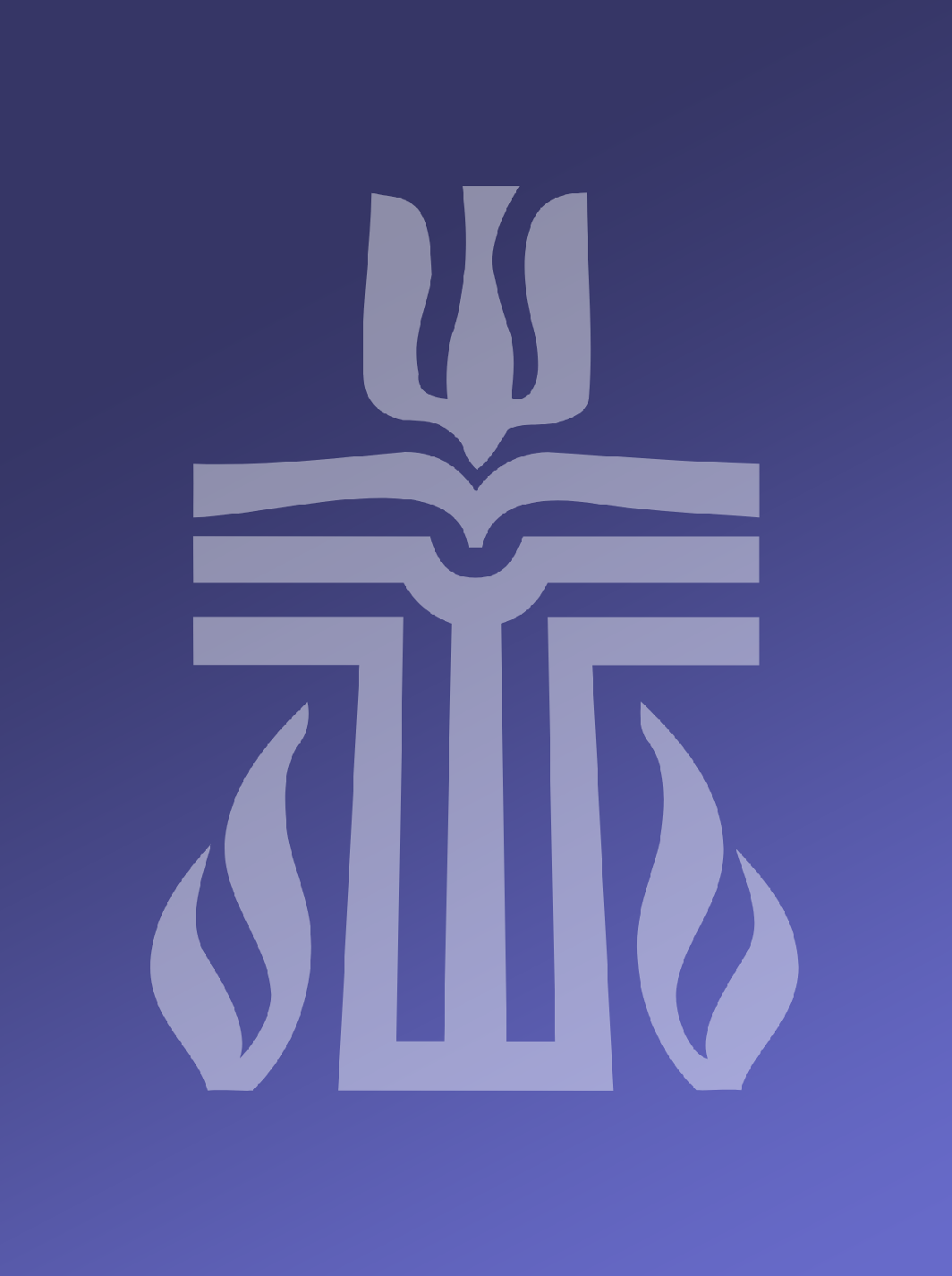

















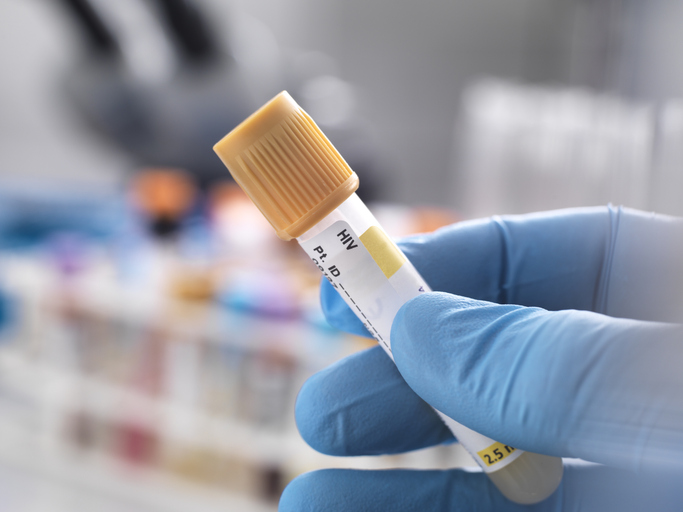












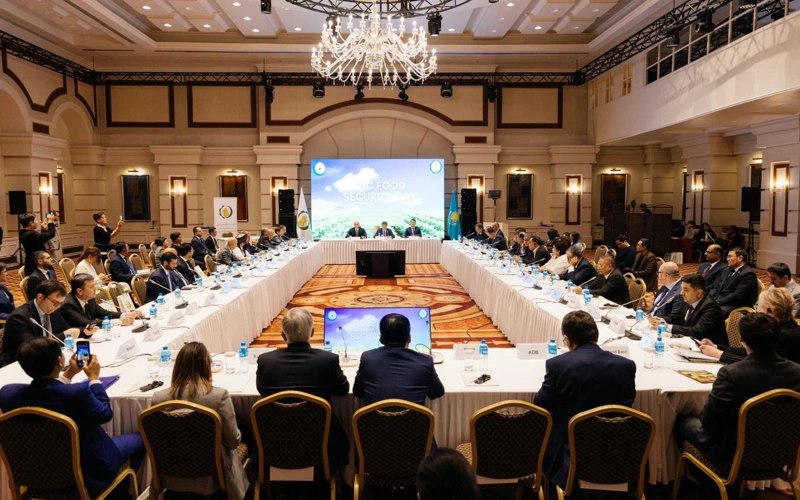

;Resize=620#)







